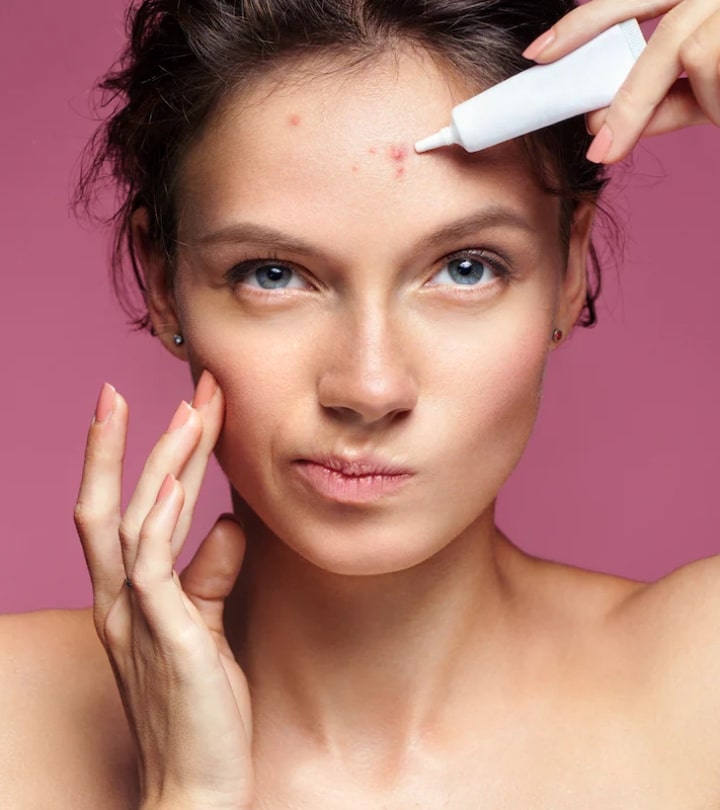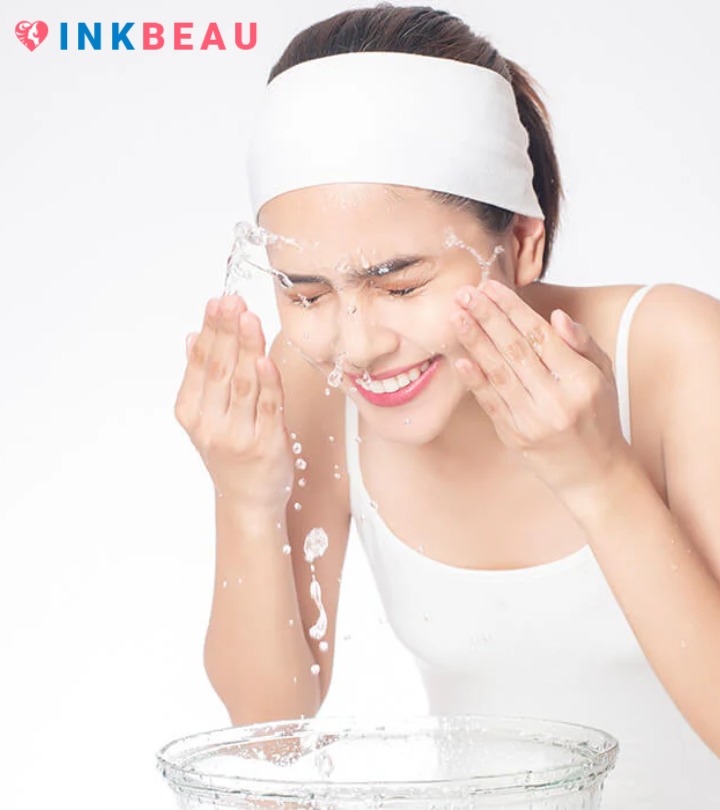Struggling with acne and oily skin can be frustrating and challenging. Many individuals find it difficult to strike the right balance in their skincare routine to achieve clear, smooth skin. If you’re dealing with this common skin concern, you’re not alone.
According to the American Academy of Dermatology, acne affects up to 50 million Americans annually, with oily skin being a significant contributing factor.
In this comprehensive guide, we’ll explore six essential skincare ingredients that can effectively manage oily, acne-prone skin. By incorporating these powerful components into your daily routine, you can take control of your skin’s health and appearance.
Table of Contents
1. Benzoyl Peroxide: The Acne-Fighting Powerhouse
Benzoyl peroxide stands out as one of the most effective ingredients for treating acne. Its multi-faceted approach to skincare makes it a go-to solution for those battling persistent breakouts.
How Benzoyl Peroxide Works:
- Bacteria Elimination: It effectively kills Propionibacterium acnes, the bacteria responsible for causing acne.
- Inflammation Reduction: Helps calm red, inflamed skin associated with acne.
- Pore Clearing: Removes dead skin cells, preventing pore blockages.
Usage Tips:
- Start with products containing a minimum of 2.5% benzoyl peroxide concentration.
- Gradually increase the dosage up to 10%, depending on your skin’s tolerance.
- Apply to clean, dry skin once or twice daily, or as directed by your dermatologist.
2. Tea Tree Oil: Nature’s Acne Solution
For those seeking a natural alternative to benzoyl peroxide, tea tree oil offers impressive anti-inflammatory and antimicrobial properties. This essential oil has gained popularity as an effective spot treatment for acne.
Benefits of Tea Tree Oil:
- Reduces Inflammation: Helps minimize redness and swelling associated with acne.
- Fights Bacteria: Combats acne-causing bacteria naturally.
- Gentle on Skin: Often better tolerated than harsher chemical treatments.
How to Use:
- Always dilute tea tree oil with a carrier oil (such as jojoba or coconut oil) before applying to the skin.
- Look for skincare products that incorporate tea tree oil as an active ingredient.
- Use as a spot treatment or in overall skincare products like cleansers and toners.
3. Salicylic Acid: The Deep Pore Cleanser
Salicylic acid, a beta-hydroxy acid (BHA), is renowned for its ability to penetrate deep into pores, making it an excellent choice for oily, acne-prone skin.
Key Benefits:
- Deep Pore Cleansing: Penetrates and unclogs pores from within.
- Exfoliation: Removes excess sebum and dead skin cells.
- Acne Prevention: Helps prevent pore blockages that lead to acne formation.
Optimal Usage:
- Choose products with 0.5% to 2% salicylic acid concentration.
- Incorporate into your routine through cleansers, toners, or facial masks.
- Use regularly to reduce whiteheads, blackheads, and other forms of acne.
A study published in the Journal of Clinical and Aesthetic Dermatology found that salicylic acid was effective in reducing acne lesions by up to 47% after 12 weeks of use.
4. Vitamin C: The Antioxidant Powerhouse
Vitamin C is celebrated for its antioxidant properties and its ability to improve overall skin health. For those with oily, acne-prone skin, it offers multiple benefits.
Vitamin C Benefits for Acne-Prone Skin:
- Anti-inflammatory: Reduces redness and inflammation associated with acne.
- Healing Acceleration: Speeds up the healing process of acne lesions.
- Collagen Production: Improves skin elasticity and texture.
- Even Skin Tone: Helps fade acne scars and promote a clearer complexion.
How to Incorporate Vitamin C:
- Look for serums with 10-20% vitamin C concentration for optimal results.
- Apply in the morning before sunscreen for added antioxidant protection.
- Store vitamin C products in a cool, dark place to maintain efficacy.
5. Hyaluronic Acid: The Hydration Hero
While it may seem counterintuitive to add a hydrating ingredient to oily skin, hyaluronic acid plays a crucial role in maintaining skin health and balance.
How Hyaluronic Acid Helps Oily Skin:
- Non-Comedogenic Hydration: Provides moisture without clogging pores.
- Skin Barrier Support: Helps maintain a healthy skin barrier.
- Oil Production Regulation: Can help reduce excessive sebum production.
Incorporating Hyaluronic Acid:
- Look for serums, moisturizers, toners, or cleansers containing hyaluronic acid.
- Apply to damp skin for maximum absorption.
- Use twice daily for consistent hydration.
6. Niacinamide: The Multi-Tasking Marvel
Niacinamide, also known as Vitamin B3, is a powerhouse ingredient for managing oily, acne-prone skin. Its versatility makes it a valuable addition to any skincare routine.
Niacinamide Benefits:
- Sebum Regulation: Helps control excessive oil production.
- Pore Refinement: Reduces the appearance of enlarged pores.
- Anti-Inflammatory: Calms redness and inflammation associated with acne.
- Skin Barrier Repair: Strengthens the skin’s natural barrier function.
How to Use Niacinamide:
- Look for products with 2-5% niacinamide concentration.
- Can be used morning and night in serums, moisturizers, or toners.
- Pairs well with other active ingredients like hyaluronic acid and vitamin C.
View this post on Instagram
Conclusion: Your Path to Clearer Skin
Incorporating these six skincare ingredients – benzoyl peroxide, tea tree oil, salicylic acid, vitamin C, hyaluronic acid, and niacinamide – into your routine can significantly improve the health and appearance of oily, acne-prone skin. Remember, consistency is key when it comes to skincare. It may take several weeks to see noticeable improvements, so be patient and persistent.
Always patch-test new products and introduce them gradually into your routine. If you experience persistent acne or severe skin reactions, consult with a dermatologist for personalized advice and treatment options.
By understanding and utilizing these powerful skincare ingredients, you’re well on your way to achieving the clear, balanced complexion you desire. With the right approach and a tailored skincare routine, you can effectively manage oily, acne-prone skin and boost your confidence in your skin’s appearance










